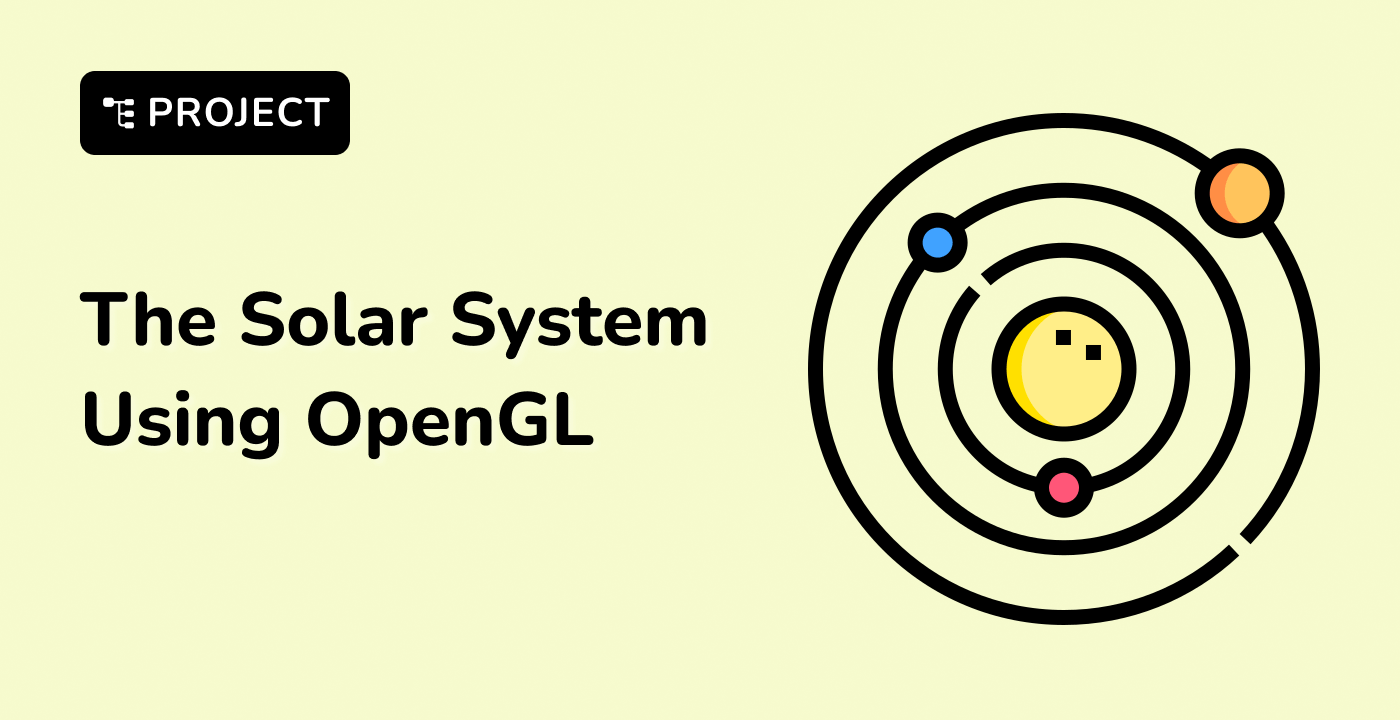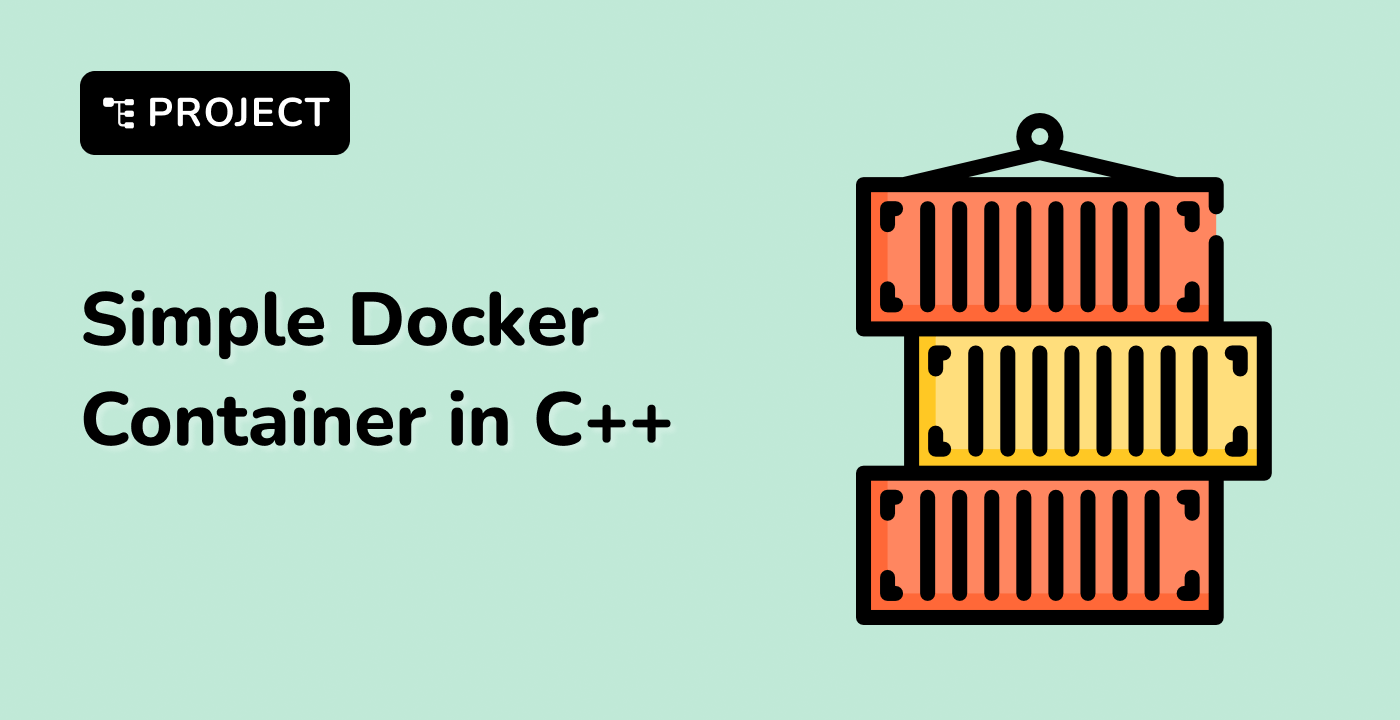Type Conversion Techniques
Conversion Types Overview
graph TD
A[Type Conversion] --> B[Implicit Conversion]
A --> C[Explicit Conversion]
B --> D[Automatic by Compiler]
C --> E[Manual by Programmer]
Implicit Type Conversion
Numeric Conversions
| Source Type |
Target Type |
Conversion Rule |
| int |
double |
Widening conversion |
| float |
int |
Narrowing conversion |
| char |
int |
Numeric promotion |
#include <iostream>
int main() {
int x = 10;
double y = x; // Implicit conversion from int to double
char z = 'A';
int numeric_value = z; // Implicit conversion from char to int
std::cout << "Double value: " << y << std::endl;
std::cout << "Numeric value: " << numeric_value << std::endl;
return 0;
}
Explicit Type Conversion
C-Style Cast
int value = 42;
double converted = (double)value;
C++ Style Casts
#include <iostream>
int main() {
// Static Cast
int x = 10;
double y = static_cast<double>(x);
// Const Cast
const int constant = 100;
int* modifiable = const_cast<int*>(&constant);
// Dynamic Cast (for polymorphic types)
// Reinterpret Cast (low-level type reinterpretation)
return 0;
}
Advanced Conversion Techniques
Type Traits Conversion
#include <type_traits>
#include <iostream>
template <typename Target, typename Source>
Target safe_convert(Source value) {
if constexpr (std::is_convertible_v<Source, Target>) {
return static_cast<Target>(value);
} else {
throw std::runtime_error("Unsafe conversion");
}
}
int main() {
try {
int x = safe_convert<int>(3.14); // Works
// int y = safe_convert<int>("string"); // Would throw error
} catch (const std::exception& e) {
std::cerr << "Conversion error: " << e.what() << std::endl;
}
return 0;
}
Conversion Strategies
Best Practices
- Prefer
static_cast over C-style casts
- Use
const_cast sparingly
- Avoid narrowing conversions
- Check for potential data loss
LabEx Recommendation
LabEx provides interactive environments to practice and understand complex type conversion scenarios, helping developers master these techniques effectively.
Potential Pitfalls
int main() {
// Dangerous conversions
unsigned int a = -1; // Unexpected result
int b = 1000;
char c = b; // Potential data loss
return 0;
}
Conclusion
Mastering type conversion requires understanding both implicit and explicit conversion mechanisms, and always prioritizing type safety.



